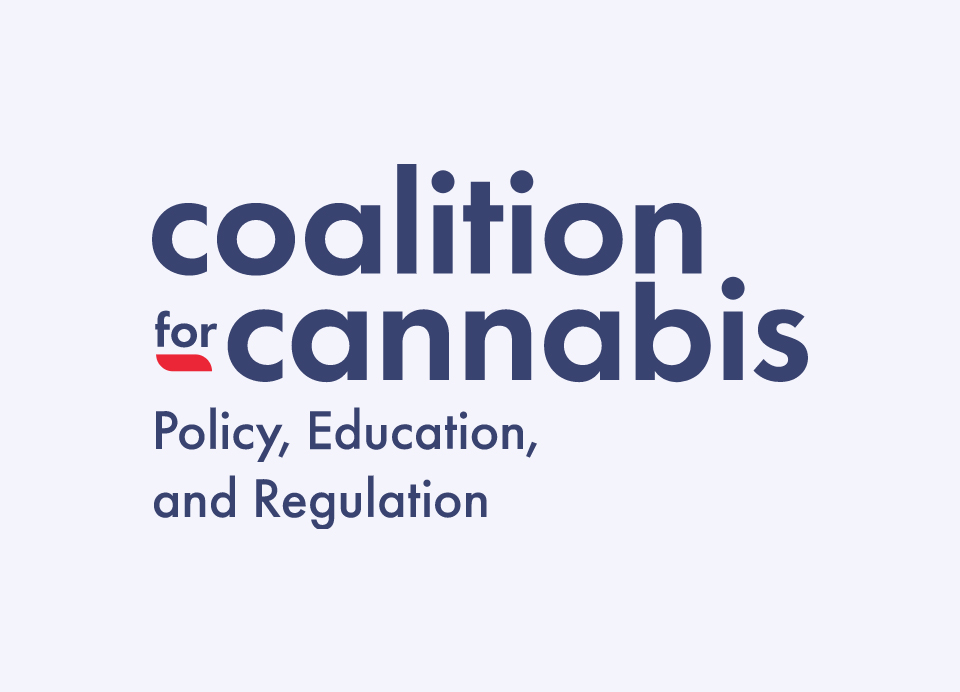
November 7, 2024
Americans Make Their Voices Heard on Cannabis Reform in 2024 Ballot Initiatives
WASHINGTON, D.C. — Today, the Coalition for Cannabis Policy, Education, and Regulation (CPEAR) released the following statement on cannabis ballot initiatives in Florida, North Dakota, South Dakota and Nebraska.
“Adult use cannabis legalization ballot questions were rejected in three states, indicating resistance to expansion of cannabis markets across the country. The failed ballot initiatives make it clear that not every state is ready to take on cannabis policy reform,” said Shanita Penny, CPEAR Co-Executive Director.
Voters in Nebraska passed two separate ballot initiatives, one permitting qualified patients to possess and use medical cannabis and another regulating its production and distribution pending the outcome of a lawsuit against the campaign.
“The time has come to respect the will of the people and take a serious look at cannabis policy on the federal level—one rooted in science, data, and a respect for states’ rights to craft regulations that work for their residents,” Penny continued. “As this new Congress convenes, we hope lawmakers will prioritize thoughtful, bipartisan solutions like the STATES Act. By advancing legislation that aligns with Americans’ preferences, Congress can begin to close the gap between state and federal policy, supporting a fair, safe, and equitable system for everyone.”
In the U.S., adult public opinion heavily favors cannabis legalization, with 88% supporting the legalization of cannabis for medical or adult-use. The outcomes of these ballot initiatives bring the total number of states that have legalized cannabis in some form to 39, and further demonstrates the state-by-state patchwork and need for a federal framework.
The Strengthening the Tenth Amendment Through Entrusting States (STATES) Act is a bipartisan proposal that would create commonsense guardrails to protect our youth, protect our roads, battle against illicit markets, and ensure that states can enforce their own laws in a manner that promotes public safety and accountability. This legislation would not create new cannabis markets; it would simply align federal policy with state decisions, ensuring existing cannabis markets operate more safely while allowing federal efforts to focus on keeping cannabis out of states where it remains illegal.
Recent polling found that voters strongly support allowing states to make their own decisions about cannabis policy, with specific support for the STATES Act.
###
About the Coalition for Cannabis Policy, Education, and Regulation
A 501(c)(4) non-profit organization, the Coalition for Cannabis Policy, Education, and Regulation (CPEAR) works to advance comprehensive policy solutions for cannabis legalization and regulation. The Coalition strives to be a trusted, science-driven resource for lawmakers and the larger stakeholder community, developing responsible policies that provide access to cannabis while protecting consumers and patients, barring underage use, upholding public health and safety, and promoting social equity. Comprised of a diverse group of stakeholders, the Coalition brings unique perspectives to the table to thoughtfully address what a national, legal cannabis industry should look like. To learn more, visit www.CPEAR.org and follow us on Twitter.